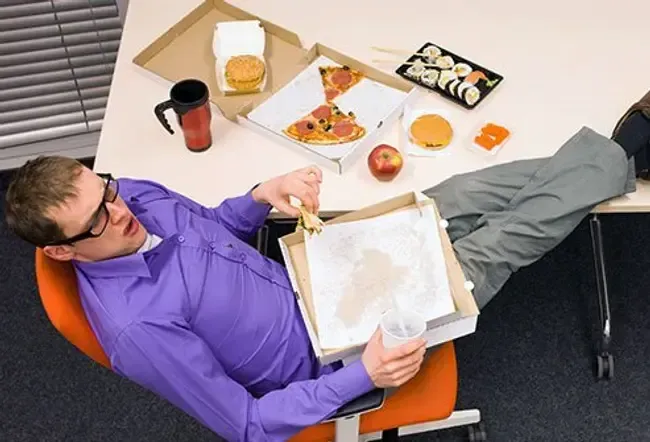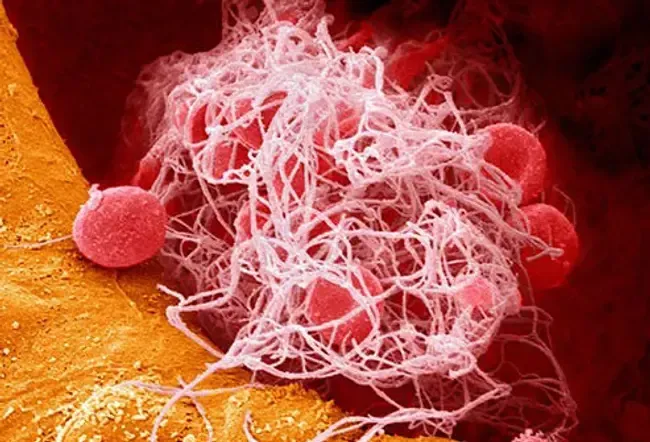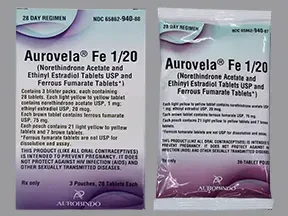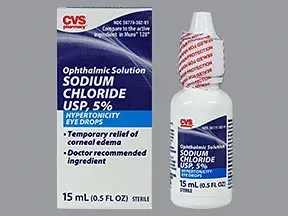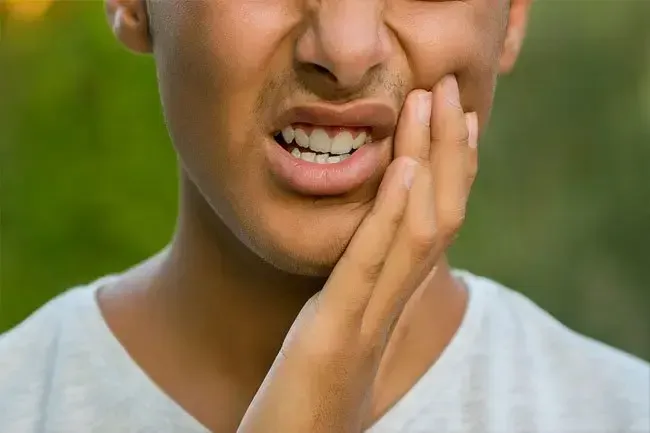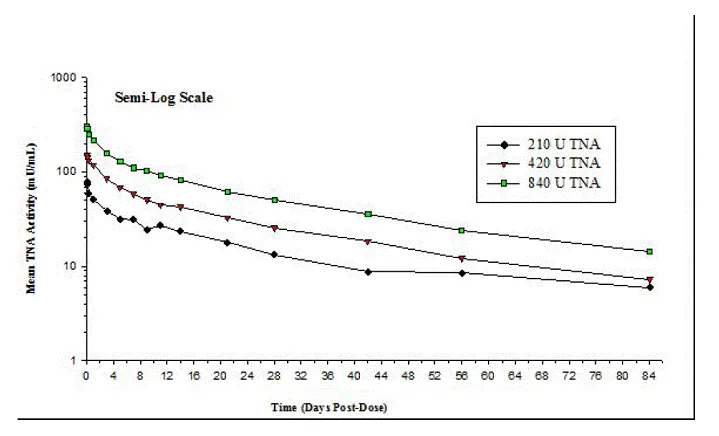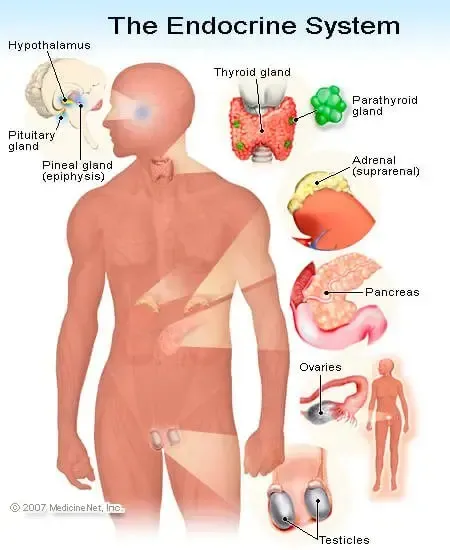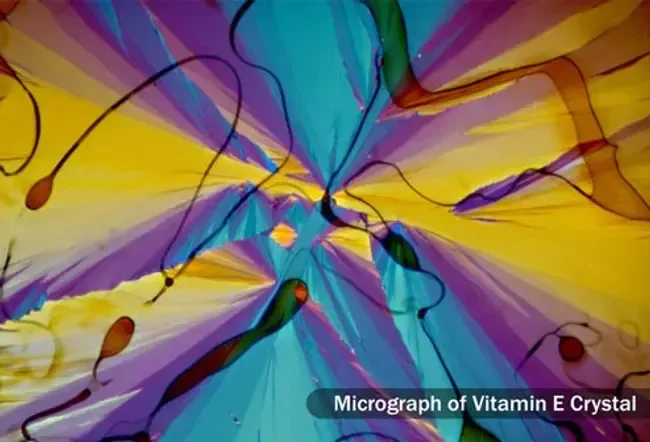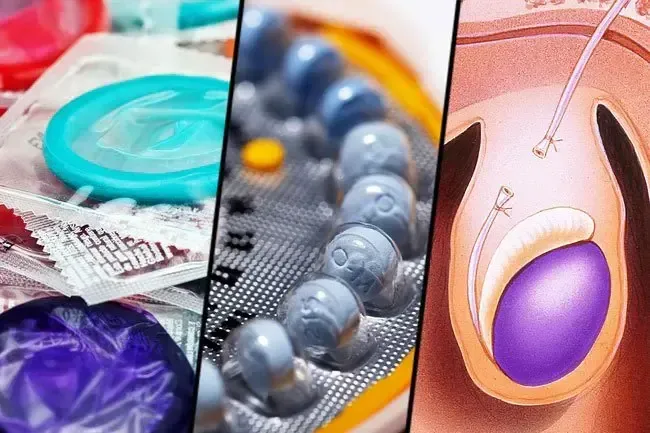Healthy Aging: Ways to Fight the Aging Process
The Information On The Site Is Not Medical Advice. We Do Not Sell Anything. The Accuracy Of The Translation Is Not Guaranteed. Disclaimer
Little Aches and Pains

Whether it's an old injury that keeps flaring up or the start of arthritis you're more likely to feel a few aches more often as you age. Regular movement can ease pain and make your joints more flexible. Try low-impact exercises like swimming yoga and tai-chi. Heating pads or ice packs can help too. If those don't give you enough relief talk to your doctor about over-the-counter or prescription medicines like nonsteroidal anti-inflammatory drugs (NSAIDs).
Wrinkles

These show up as your skin gets thinner drier and less elastic. But some things can make them worse like smoking and ultraviolet rays from the sun or a tanning bed. To ease these signs of aging protect your skin from the sun and if you smoke quit. Some skin products like moisturizers or prescription retinoids might make wrinkles less noticeable. But you'll need to give them time to work -- most need 6 weeks to 3 months to show results. A dermatologist can help you know what would work best for you.
Dry Skin

Sun protection and quitting smoking will help this problem too. So will watching how much alcohol you drink -- it can dehydrate you. It's a good idea to keep showers or baths to less than 10 minutes and to use warm water instead of hot. Then put a heavy oil-based moisturizer all over your body right away.
Loss of Muscle

Many people lose strength and endurance as they get older but the reason isn't really about the aging process. Many people just stop working key muscles. The phrase 'use it or lose it' applies here so see if you can start weight training to build up your strength. Regular exercise like walking gardening or swimming can help too. Aim for at least 30 minutes a day -- you can split it into two 15-minute sessions if that works better for you.
Sleep Changes

Your need for shut-eye doesn't change as you age but your ability to get it can. Older people tend to have a harder time falling asleep have shorter stretches of deep sleep and wake up more often in the middle of the night. Coffee and alcohol can cause those issues so cutting back on those can help. And it's important to keep health conditions that can affect your sleep like high blood pressure or GERD under control. Talk with your doctor if you often have trouble sleeping.
Memory Glitches

They might feel alarming but they're part of the normal aging process. Your brain changes as you get older which can affect how well you remember things. You may need to lean on a few tricks like keeping lists following a routine and putting items in a set place. But some habits also help you keep your memory sharp. For example being around friends and family often has been shown to boost your brain power. Regular exercise and eating healthy foods are key too.
Weight Gain

As you get older you don't burn calories like you used to. But you can counter that slower metabolism by being more active and watching what and how much you eat. Make fruits vegetables and leaner protein key parts of your diet. Also limit sugar and foods that are high in saturated fat. And keep an eye on portion sizes.
Changes in Your Sex Life

Erectile dysfunction vaginal dryness and other conditions that become more likely with age can make sex a challenge. Talk with your partner about how you’re feeling and if you want to try different ways to be intimate. Over-the-counter products like vaginal lubricants can help some issues. You can also ask your doctor if there are medications you should try. But keeping yourself healthy overall will help too. Exercise boosts blood flow and sex hormones and it helps you feel good about yourself.
Peeing More Often

Your bladder and pelvic muscles get weaker with age. Other health problems like an enlarged prostate can make the issue worse. Strengthen the area with Kegel exercises -- squeeze your muscles as if you're trying to hold in urine -- 10 to 15 times three times a day. Your diet makes a difference too. Get plenty of fiber and limit sugary carbonated drinks and caffeine. If you're having trouble with holding urine leaking a sudden urgent need to pee or pain when you go see your doctor.
Being in a Rut

It's easy to get bored if you fall into a predictable routine especially if it doesn't change much for years. To shake things up and keep your mind engaged try breaking out of your daily schedule. Take some time to do something you like or learn a new skill. If you're retired you might think about getting a part-time job or some temporary work. It can boost your mental health and your bottom line at the same time.
Feeling Lonely

Whether your kids move out or you retire from your job you may spend more time around fewer people as you age. To avoid feeling isolated make it part of your daily routine to talk with friends family and neighbors. Volunteer for a charity or a faith-based group. Simply writing a letter can give your social life a boost. A pet can be good for companionship too -- a daily dog walk is good exercise and a chance to meet people.
Stay on Top of Your Health

Most older adults have at least one health problem like heart disease or diabetes. If you do it's important to go for regular checkups keep your prescriptions filled and follow all your doctor's instructions. Checkups are key even if you don't have a health condition so you can spot any issues early and get tips for staying healthy.
Healthy Aging: Ways to Fight the Aging Process
Sources: 
IMAGES PROVIDED BY:
- Getty
- Getty
- Getty
- Getty
- Getty
- Getty
- Getty
- Getty
- Getty
- Getty
- Getty
- Getty
REFERENCES:
- Mayo Clinic: 'Arthritis: Overview' 'Healthy Aging: What To Expect: Your Skin' 'Your Bones Joints and Muscles: What You Can Do' 'Your Memory and Thinking Skills' 'Your Weight' 'Moisturizers: Options For Softer Skin' 'Your Sexuality' 'Your Bladder and Urinary Tract.'
- American Academy of Dermatology: 'Wrinkles and Other Signs of Sun-Damaged Skin Can Be Treated: Do You Have Sun-Damaged Skin' 'Wrinkle Remedies.'
- OrthoInfo: 'Effects of Aging: Counteracting the Effects of Aging.'
- National Sleep Foundation: 'Aging Insomnia Sleep & Lifestyle Sleep Topics: Aging and Sleep.'
- Mental Health Foundation: 'How To Look After Your Mental Health In Later Life.'
- American Psychological Association: 'Memory and Aging' 'Retiring Minds Want to Know.'
- American Academy of Dermatology: 'What Causes Our Skin To Age: 11 Ways To Reduce Premature Skin Aging' 'Bathing Tips For Dry Skin Relief.'
- National Association of Area Agencies on Aging: 'Expand Your Circles: Prevent Isolation and Loneliness As You Age.'
- National Council on Aging: 'Health Aging Facts.'
- CDC: 'Regular Check-Ups Are Important.'
- National Institute on Aging: 'Sexuality in Later Life' 'Maintaining a Healthy Weight' 'Diet and Exercise: Choices Today for a Healthier Tomorrow' 'Cognitive Health and Older Adults' 'Bladder Health for Older Adults' 'Social Isolation loneliness in older people pose health risks.' UCSF Memory and Aging Center: 'Dementia and the Brain.'
This tool does not provide medical advice. See additional information: 
THIS TOOL DOES NOT PROVIDE MEDICAL ADVICE. It is intended for general informational purposes only and does not address individual circumstances. It is not a substitute for professional medical advice diagnosis or treatment and should not be relied on to make decisions about your health. Never ignore professional medical advice in seeking treatment because of something you have read on the Site. If you think you may have a medical emergency immediately call your doctor or dial 911.
© 1996-2025 WebMD LLC . All rights reserved.
Source slideshow on WebMD

